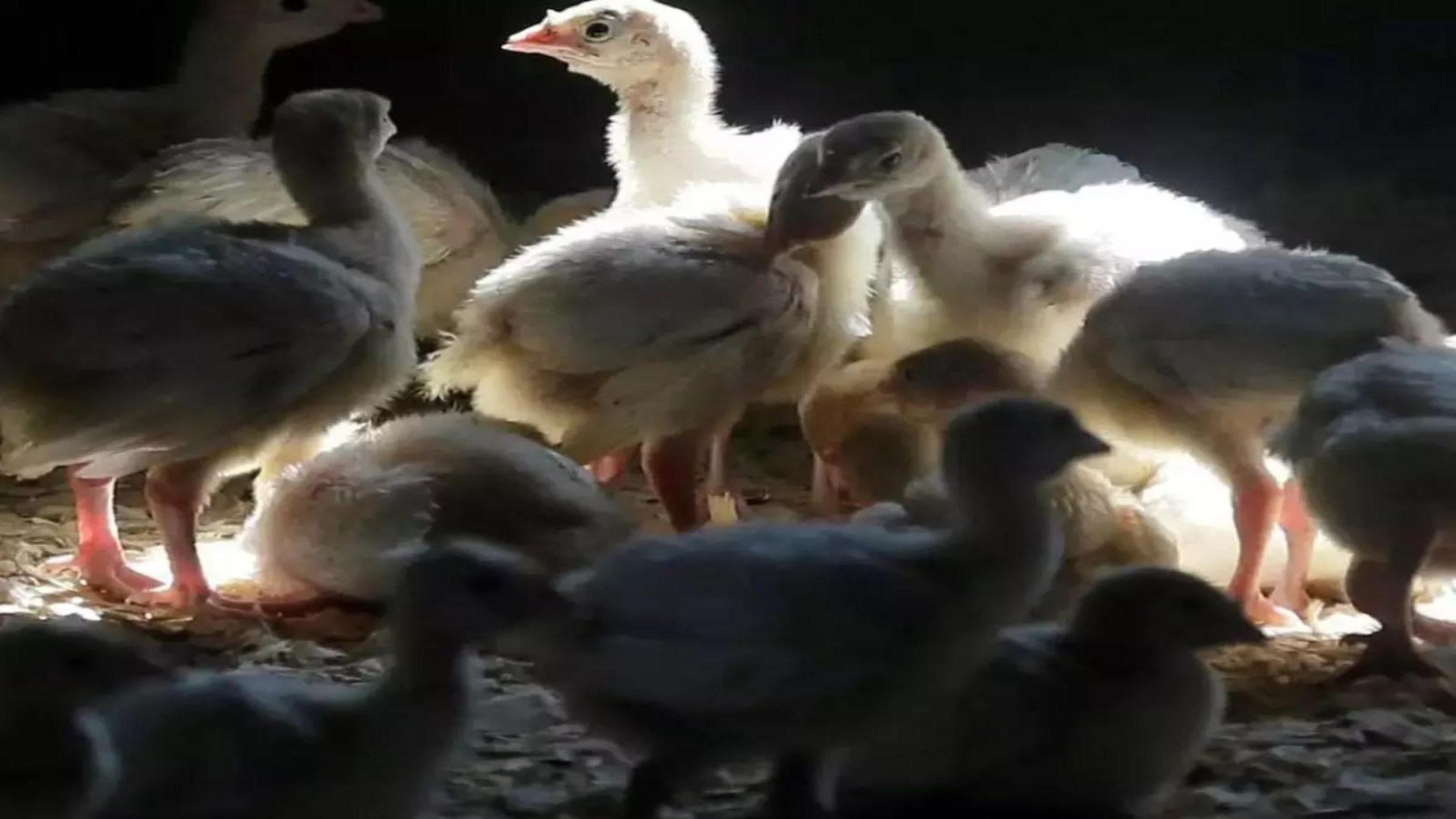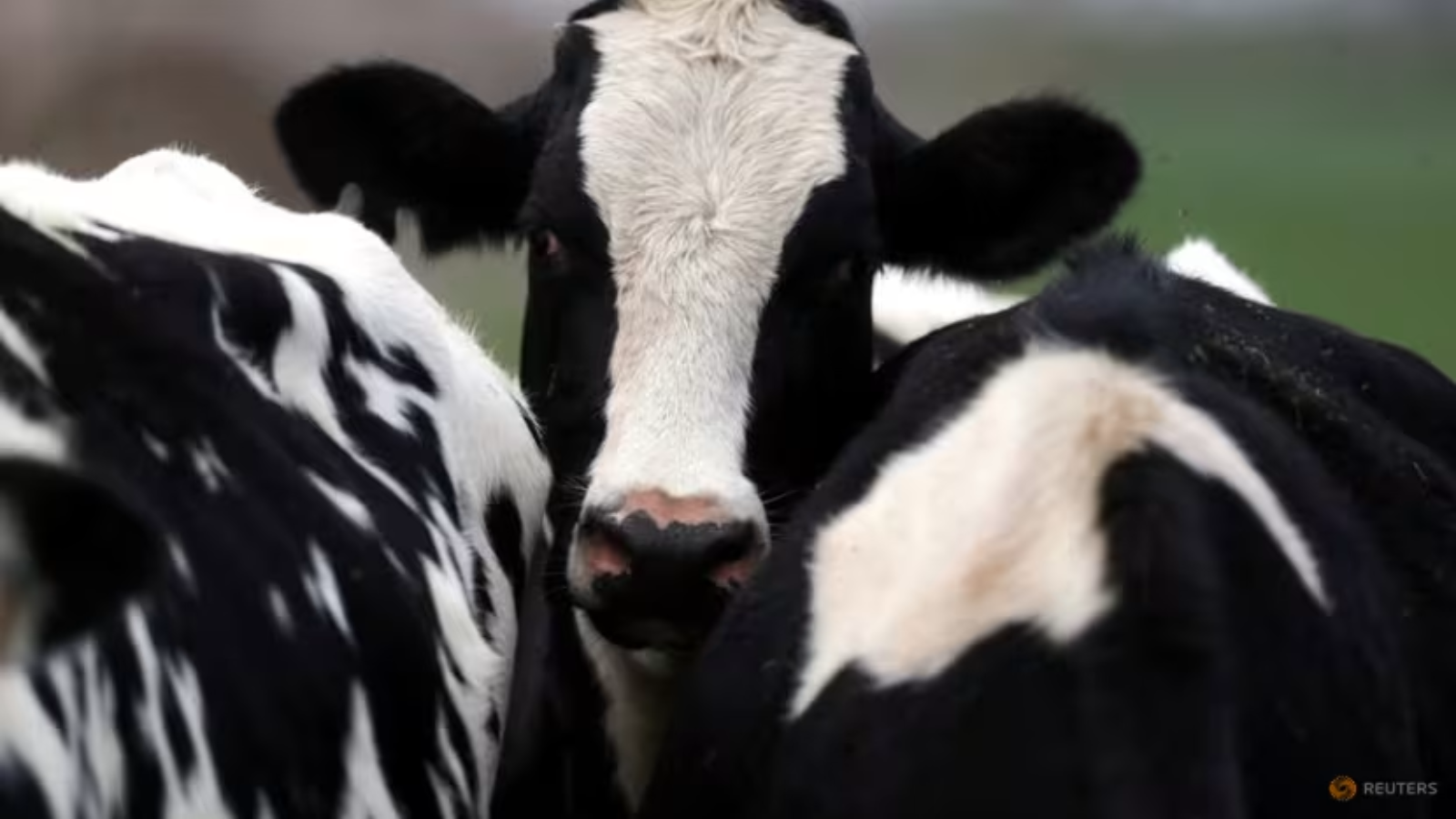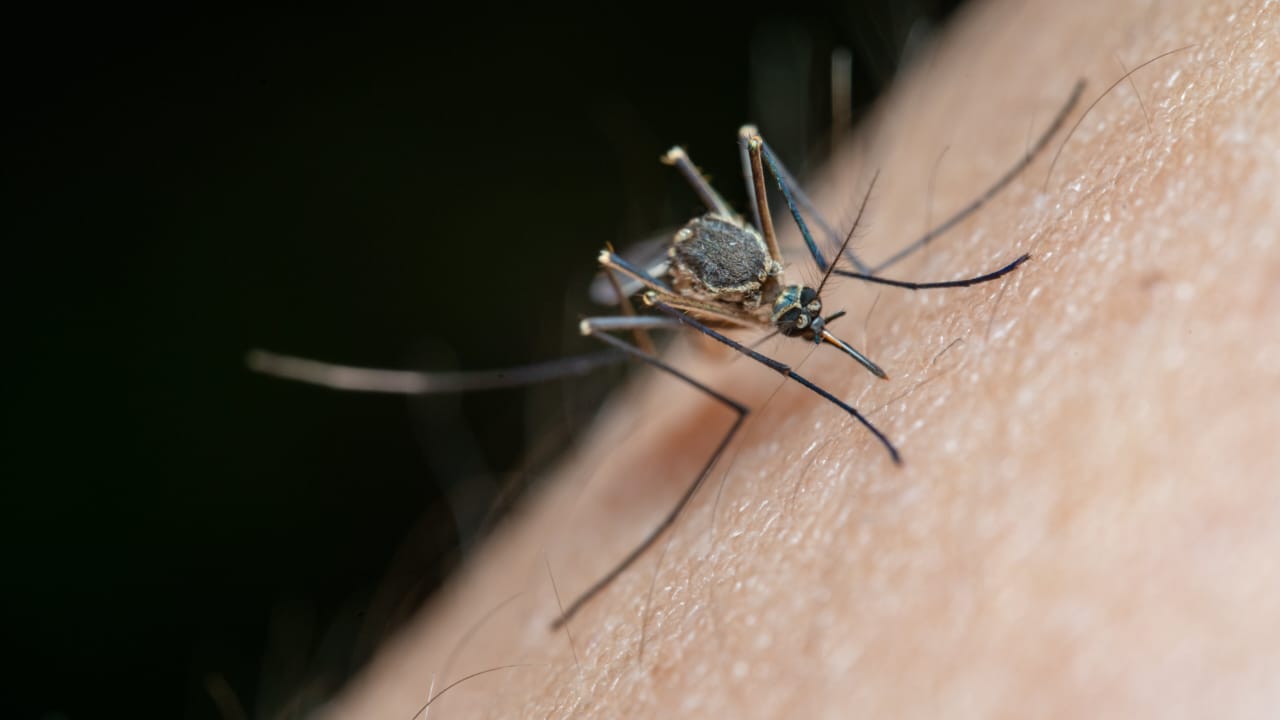










A recent study conducted by Virginia Commonwealth University scientists found that a warmer environment may result in more mosquitos as predators struggle to maintain their number.As the cover feature in Ecology, a journal published by the Ecological Society of America, the study — “Warming and Top-Down Control of Stage-Structured Prey: Linking Theory to Patterns in Natural Systems” — found that rising temperatures, often linked to climate change, can make predators of mosquito larvae less effective at controlling mosquito populations.
Warmer temperatures accelerate the development time of larvae, leading to a smaller window of time for dragonflies could eat them.This means there could be nearly twice as many mosquito larvae that make it to adulthood in the study area. The researchers looked at riverine rock pools at Belle Isle along the James River in Richmond and found that warmer temperature pools had more aquatic mosquito larvae, even when their predators that naturally control the populations were present.
The native rock pool mosquito is not an important disease vector, but it is one of the few local mosquitos that doesn’t have to feed as an adult to lay eggs. So the findings might apply to similar taxa, like the invasive Asian rock pool mosquito.”We might see larger populations of everyone’s least favorite bug, mosquitos.
While the mosquito larvae we studied here [are] the North American rock pool mosquito, these findings likely apply to species of mosquito that do act as vectors for diseases like West Nile or even Zika virus,” said Andrew T Davidson, PhD, lead researcher on the study. He conducted the research through the PhD program in VCU’s Center for Integrative Life Sciences Education.
Predators help stabilize ecosystems and food webs, and the study looked at predator-prey interaction between dragonfly nymphs and mosquito larvae. Before fieldwork, the research was rooted in concepts of thermal physiology and short-term lab experiments that yielded predictive models of the relationship between predators, prey and temperature in the field. The field study then tested the models in a completely natural environment.
The study builds on Davidson’s earlier research in Functional Ecology as well as work by lab mate C. Ryland Stunkle and the rest of the VCU rock pool team. The team also acknowledges the collaborative support of professor Brian Byrd of Western Carolina University’s College of Health and Human Sciences.
The recent work led by Davidson was part of a larger National Science Foundation grant that has involved scientists from VCU, the University of Richmond, Radford University, Western Carolina University and Eastern Carolina University. The collaborative award of nearly USD 1 million has included nearly USD 400,000 for VCU.










